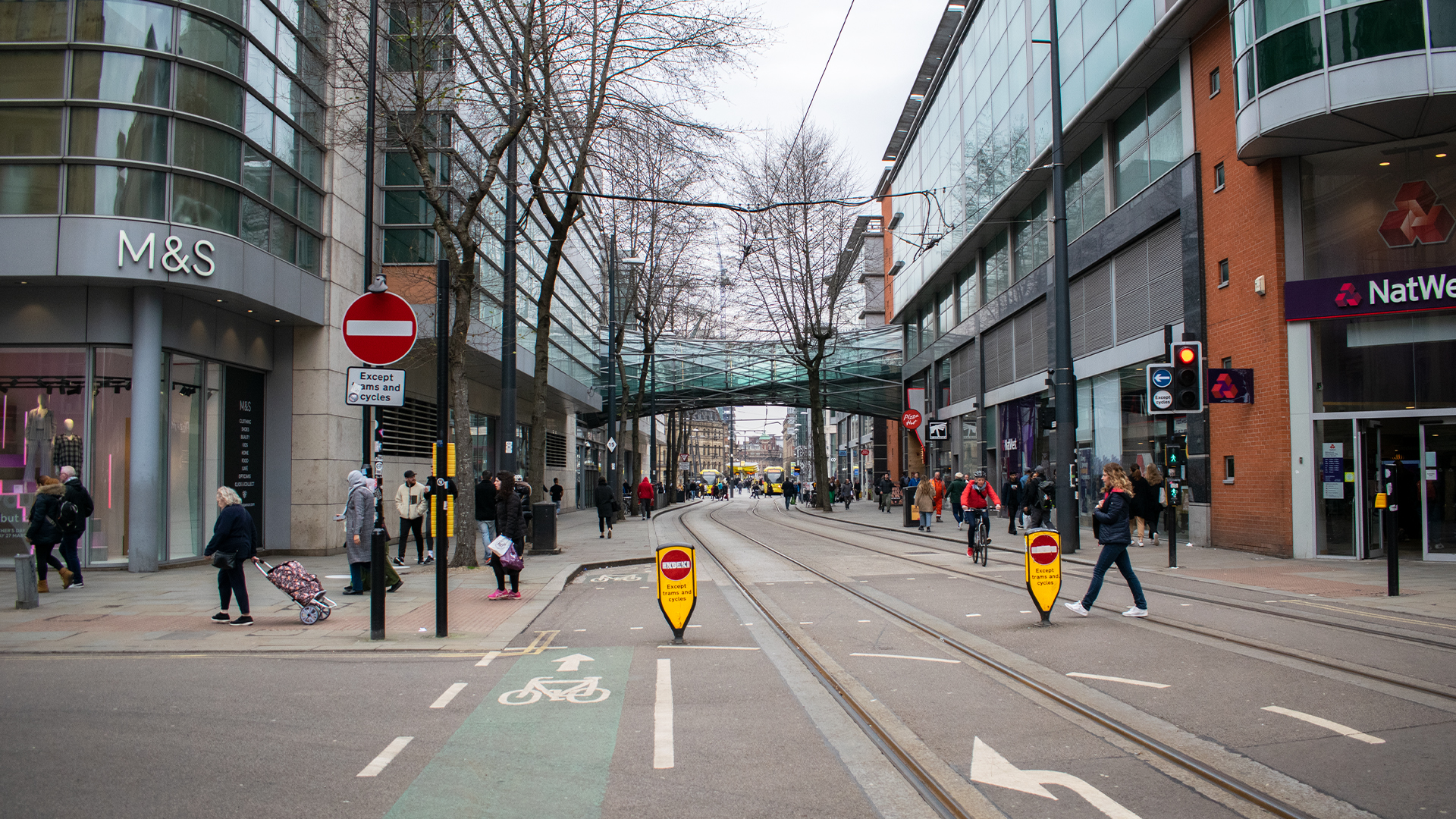Inflation surges to 30-year high as cost-of-living crisis escalates
Rising prices across the board sent UK inflation soaring to a new 30-year high in February as the cost-of-living crisis intensified, according to official figures.
The Office for National Statistics (ONS) said Consumer Prices Index (CPI) inflation rose to 6.2% in February, up from 5.5% in January and again reaching the highest level since March 1992, when it stood at 7.1%.
The rise was higher than expected and comes after prices rose across food, clothing and footwear and a range of products and services.
The ONS said inflation rose across 10 out of the 12 categories that feed into the index, with only communication and education not seeing increases.
Experts have warned that prices will rise further still as the Ukraine conflict pushes up already sky-high inflation, adding to painful price rises for energy, fuel, commodities and food. The energy price cap rise, the planned reversal of the hospitality VAT cut and increase in National Insurance contributions are set to deepen the crisis facing UK households.
The Bank of England last week raised interest rates for the third time since mid-December, to 0.75% from 0.5%, and warned inflation will now peak at around 8% in April – and could hit double-digits if wholesale energy prices continue to soar amid the Ukraine war.
Grant Fitzner, Chief Economist at the ONS, said: “Inflation rose steeply in February as prices increased for a wide range of goods and services, for products as diverse as food to toys and games. Clothing and footwear saw a return to traditional February price rises after last year’s falls when many shops were closed.”
February’s inflation data showed the increase in inflation was led by higher prices of food, clothing, and furniture and household equipment, with COVID lockdowns a year earlier dampening 2021 price rises.
The data also showed that the Retail Prices Index (RPI) measure of inflation remained at its highest level since March 1991 – hitting 8.2%, up from 7.8% in January.
Helen Dickinson, Chief Executive of the British Retail Consortium, commented: “Rising inflation remains a significant concern for the economy, squeezing household incomes and increasing cost pressures on retailers. For the second month in a row, Transport saw the highest rate of inflation this month, while food inflation rose slower than the headline rate.
“The BRC’s Shop Price Index, which tracks the price of basic goods, showed an even smaller price rise in food, suggesting that retailers are successfully managing to limit cost increases for many essential groceries. Many supermarkets have expanded their value ranges to support individuals and households on lower incomes. Nonetheless, with retailers struggling to absorb these higher costs, shop prices look set to rise in the coming months.






